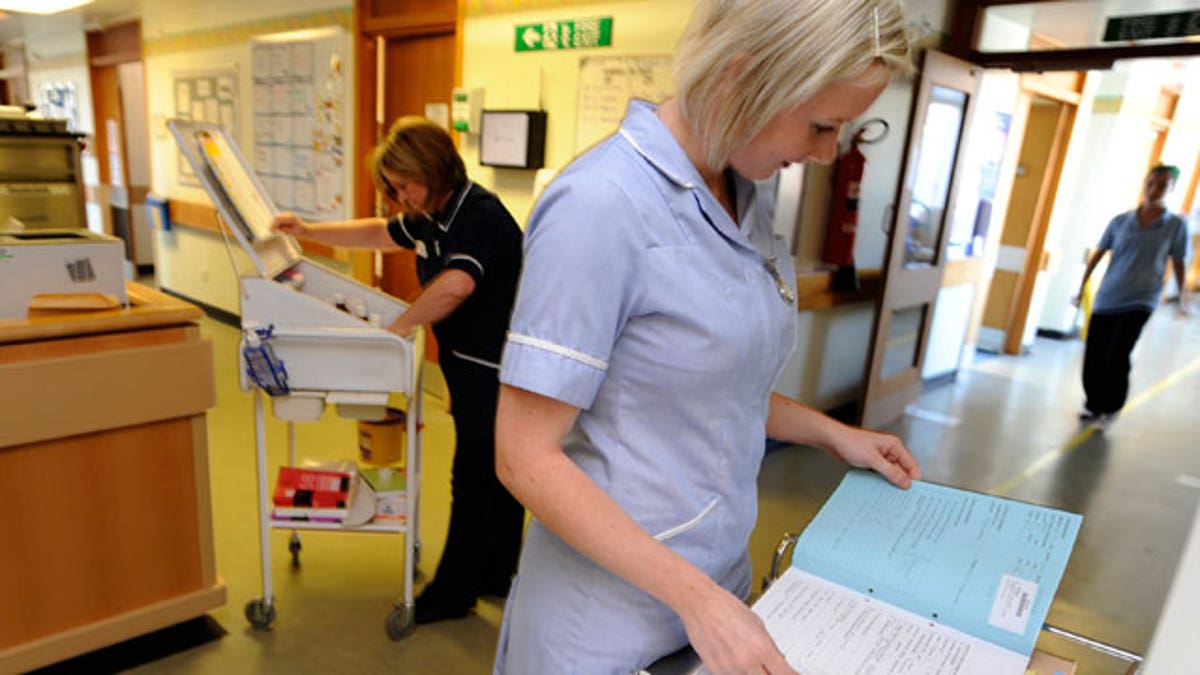
Bay Area doctors and emergency workers are bracing for what's likely to be the busiest weekend of the year.
New Year's Eve is typically loaded with alcohol-fueled deaths and injuries, and the coming celebration will probably be worse than most years because it falls on a Saturday, giving revelers a full day of partying and, presumably, a full day of recovery.
Last year, San Francisco emergency rooms saw a roughly 50 percent increase in New Year's patients from the previous year, according to estimates from local hospitals.
There were 100 more 911 calls citywide last year compared with the typical New Year's, according to the San Francisco Department of Emergency Management.
The increase was almost definitely due to New Year's Eve falling on a Friday night last year, officials said. Of the 650 emergency calls reported, 245 of them came between 8 p.m. and 5 a.m. This year, the numbers could be even higher, emergency care experts said.
"We're already preparing to see more patients," said Dr. Malini Singh, interim medical director for San Francisco General Hospital's emergency department. "It's just a reality of New Year's Eve."
Alcohol-related injuries
Alcohol in some years has been to blame for more than half of the maladies that send people to emergency rooms around major holidays, especially those for which drinking is a key part of the celebration.
The worst injuries are typically associated with drunken driving. But emergency room workers also expect to see bad injuries from drunken biking, or from falling over drunk and ending up with broken bones or head wounds.
The injuries that, in some ways, are the most frustrating are the simple alcohol overdoses - young people, usually, who don't know their limits and show up at the emergency room so loaded that they can't speak or stand on their own.
"I don't want people to think I'm encouraging drinking, but if you do, you have to drink responsibly," said Dr. Steven Polevoi, medical director for the UCSF emergency department.
Alcohol poisoning is typically a highly unpleasant experience - and that's not including the hangover the next day - but not usually life threatening.
Still, people who fall unconscious while drinking and cannot be roused should be taken to a hospital and observed by professionals until they wake up and are able to speak in full sentences again, or at least able to say where they live.
In large enough doses, alcohol can cause brain function to become depressed, Singh said, resulting in breathing problems. Also, patients who are unconscious but throwing up run the risk of choking on their vomit.
"In general, most intoxicated people can at least get into a cab and sober up on their own," Singh said. "But if you find someone passed out on the ground, and they're breathing shallowly and you can't rouse them, these are people who probably aren't safe to go home."
On major holidays, Singh said San Francisco General Hospital will usually set aside a space in the emergency department for patients who just need to sober up.
Impact on other patients
Those patients, emergency room doctors say, take up valuable space that would otherwise be used by heart attack and stroke victims, or people with life-threatening injuries or illnesses.
"If you do drink so much that you end up in the back of an ambulance, you end up in an emergency department, and that has implications for other patients," Polevoi said. "You need to be aware that your behavior has an impact not just on you."
Polevoi said he realizes that many people are going to drink on New Year's Eve, and probably a lot of them will drink to excess. He asks only that they make arrangements not to drive, and that they try to use common sense when it comes to that fourth round of vodka shots.
"You have to know your limits," Polevoi said. "Don't say you can do eight shots and four glasses of Champagne. You can't."
